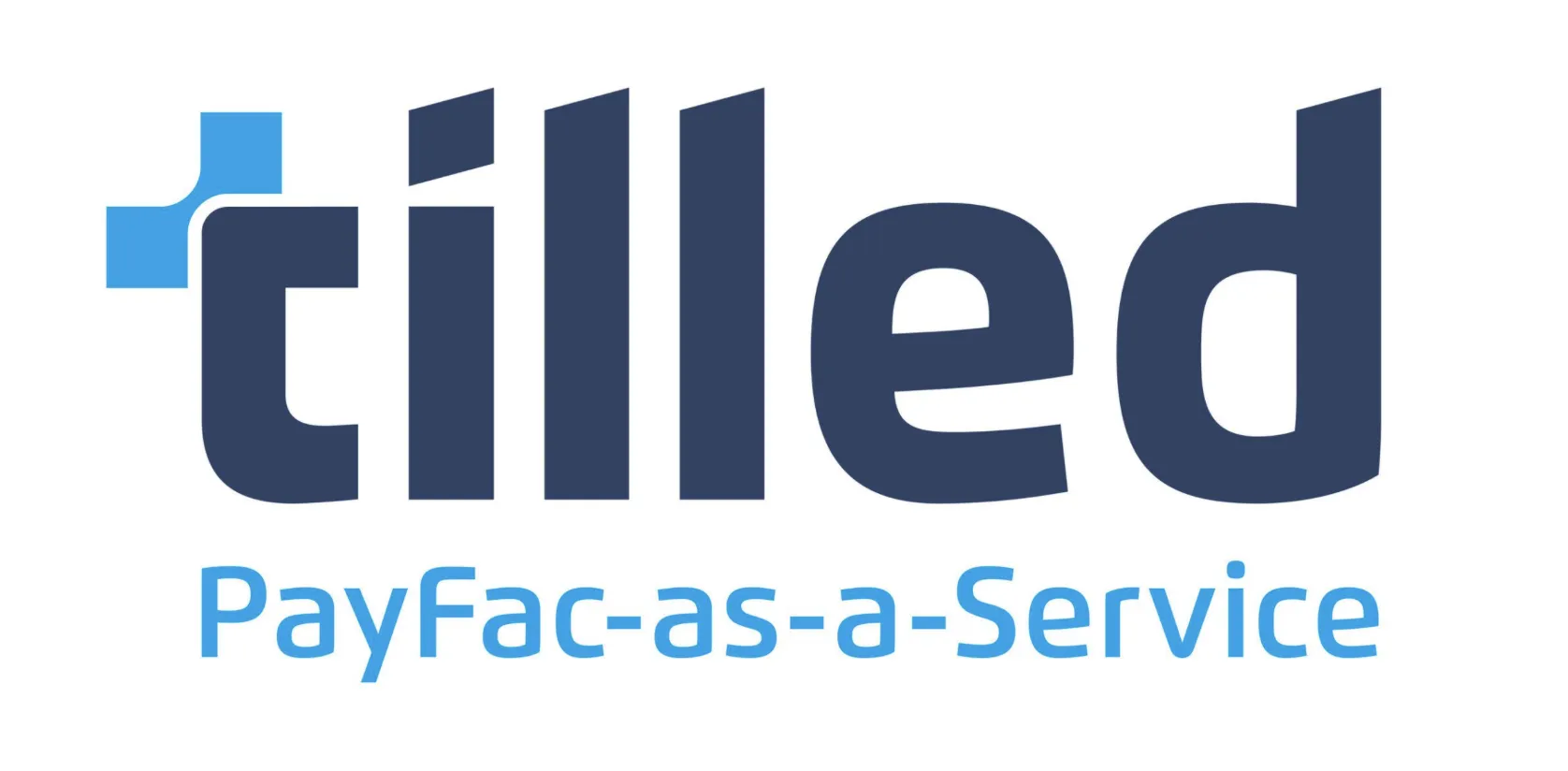Boulder Startup Week: How new companies can land funding outside of VC firms
BOULDER — While eye-poppingly large rounds of venture capital can raise the profile of a startup as it emerges into a fully fledged player in its industry, two venture capital fund leaders say it isn’t always the best way for entrepreneurs to get financing.
The session at Boulder Startup Week featured Matchstick Ventures partner Natty Zola and Brett Jackson, managing partner at San Francisco-based V1.VC.
Why VC isn’t always great
Because venture funds are often raising money for their own investors, they have an incentive to encourage rapid and aggressive business scaling to collect high returns to cover potential losses from other portfolio…
THIS ARTICLE IS FOR SUBSCRIBERS ONLY
Continue reading for less than $3 per week!
Get a month of award-winning local business news, trends and insights
Access award-winning content today!




